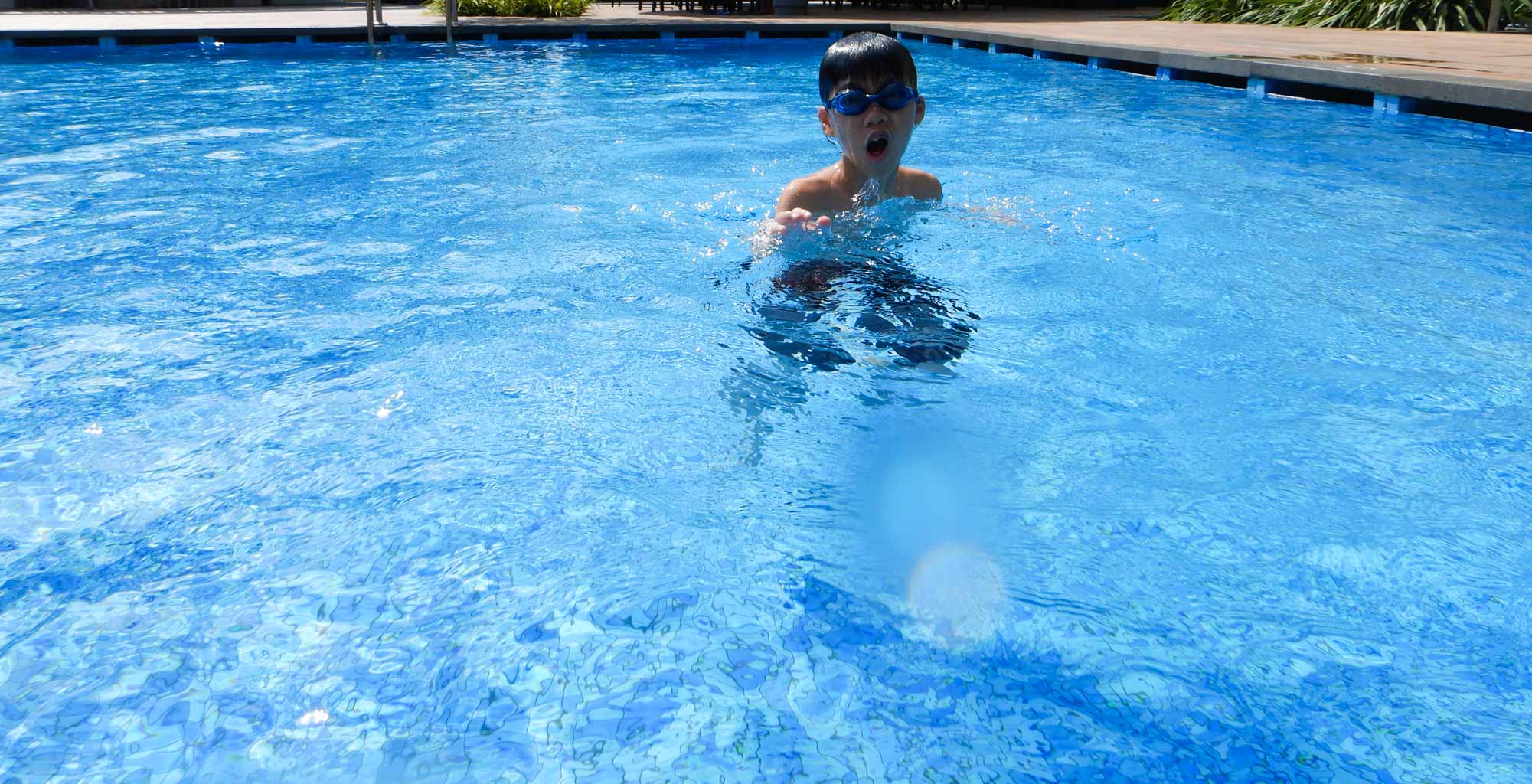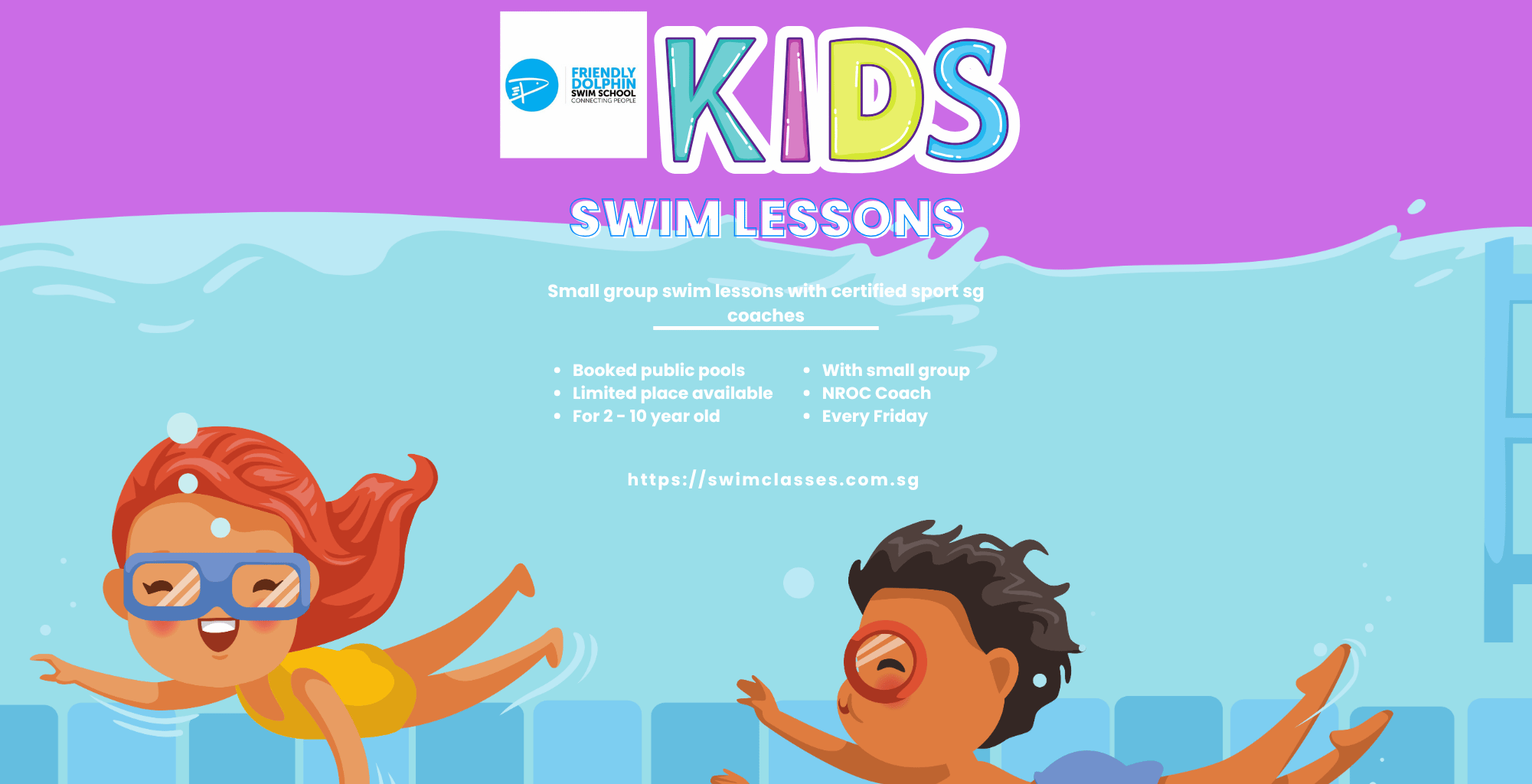Swimming Safely: Fundamental Water Competency

It’s time to talk about basic water competency. This may appear simple, but you’d be surprised how many people cannot navigate in the water. Even floating can be difficult for some people.
This is nothing to be ashamed of. After all, every swimmer had to start somewhere. However, all of us must learn the fundamentals of water safety. These simple abilities can save your life in a dangerous situation.
What Exactly Is Basic Water Competency?
Let’s start with some discouraging statistics. The Red Cross estimates that roughly half of all Americans cannot swim well enough to save themselves from drowning. To make matters worse, only four out of ten parents of children aged four to seventeen report that their child can perform all five basic swimming skills.
Knowing how to swim is not the same as basic water competency. As the name implies, this training focuses on simple ways for children and adults to better prepare for being in and around water.
These abilities concern what to do if a person becomes immersed in water. Competency, at its core, means:
- Knowing how to control your breathing in water
- Practicing floating on your back while keeping your nose and mouth above water.
- Knowing how to get into and out of a swimming pool
- These easily learned skills can be extremely useful to someone unexpectedly submerged in water.
Keep Calm
While not the same as becoming a fully trained swimmer, understanding basic water competency can save your life. Panic is a swimmer’s worst enemy.
Losing control is one of the most dangerous things that can happen on the water. If you have some basic training and are familiar with the water, you will be able to think more clearly if you find yourself in the water unexpectedly.
Plan In Advance
It usually pays to plan. Knowing how to ask for aid, for example, is one of the fundamental water proficiency skills. Aside from that, you should recognize your boundaries and avoid situations that you consider dangerous.
No one should swim or play near water unless a lifeguard is on duty. If possible, avoid swimming alone. Instead, make use of the buddy system. Having someone else responsible for your safety (and you for theirs) can make the difference between an enjoyable day on the water and a tragic accident.
Wear a life jacket whenever you’re on a boat. When swimming in cold water, keep cold water shock in mind. Water competency entails planning ahead of time, avoiding fear, and having a support system.
We now have a blog post dedicated to learning to swim in the off-season. Finding an instructor is beneficial at any time of year. Learning to swim and maintaining your skills is critical for swimming safety, whether in your neighborhood swimming pool or near water.
Contact Friendly Dolphin Swim School to learn more about basic water competency or to find swimming classes in your area.


